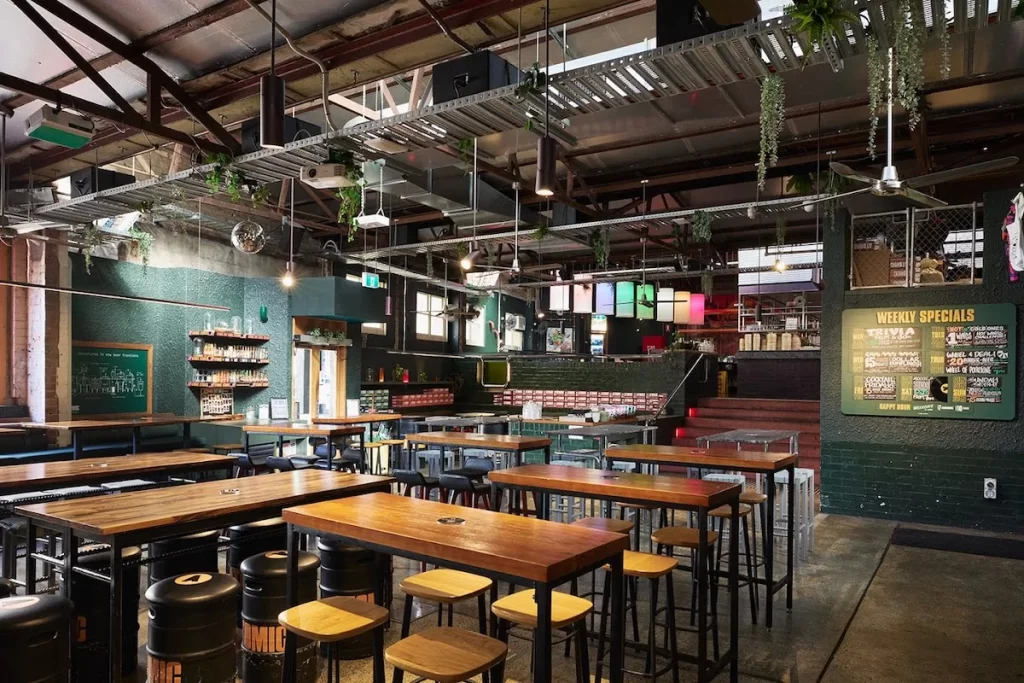Atomic Brewery, a popular brewery and taproom in Redfern, has announced its permanent closure after nearly five years of operation.
Background and Closure Details
Atomic Brewery had become a staple in Redfern’s vibrant community, known for its innovative beers and lively atmosphere. Established in 2019 and opening a year later, the brewery had offered a range of unique brews and hosted numerous community events.

Despite their best efforts and strong local support, Atomic Brewery succumbed to the same financial pressures plaguing many small breweries around Australia in the pandemic era. The decision to close was described as being made with a “heavy heart,” reflecting the emotional impact on both the owners and their patrons.
In their final message to customers, the owners expressed gratitude for the support and memorable moments shared.
“It’s been a pleasure Redfern, join us for a final froth and a nod to the good times,” the owners shared.
This sentiment was echoed on their website with a heartfelt goodbye, acknowledging the “excellent vibes” brought by their patrons over the years.

Industry-Wide Challenges
The closure of Atomic Brewery is part of a broader trend affecting the Australian brewing industry.
Experts like Nick Boots, an industry consultant, cite multiple factors contributing to these difficulties. The government-imposed excise tax, which is the largest expense for breweries, has been a significant burden, especially as it increases biannually with inflation. Additionally, during the COVID-19 pandemic, breweries were allowed to defer tax payments, a relief that has now ended with the Australian Tax Office demanding repayment.
Community and Economic Impact
The competitive landscape is also daunting for smaller players like Atomic Beer. The market is dominated by large corporations such as Carlton & United Breweries and Lion, which control up to 90% of the market, making it challenging for independent brewers to compete.
These larger companies benefit from tax advantages and economies of scale that allow them to produce and sell beer at significantly lower prices.
The closure of these independent breweries not only affects the local communities they serve but also has broader economic implications. The loss of these businesses contributes to job reductions and lessens the cultural richness of their locales.
Published 6-Sept-2024







